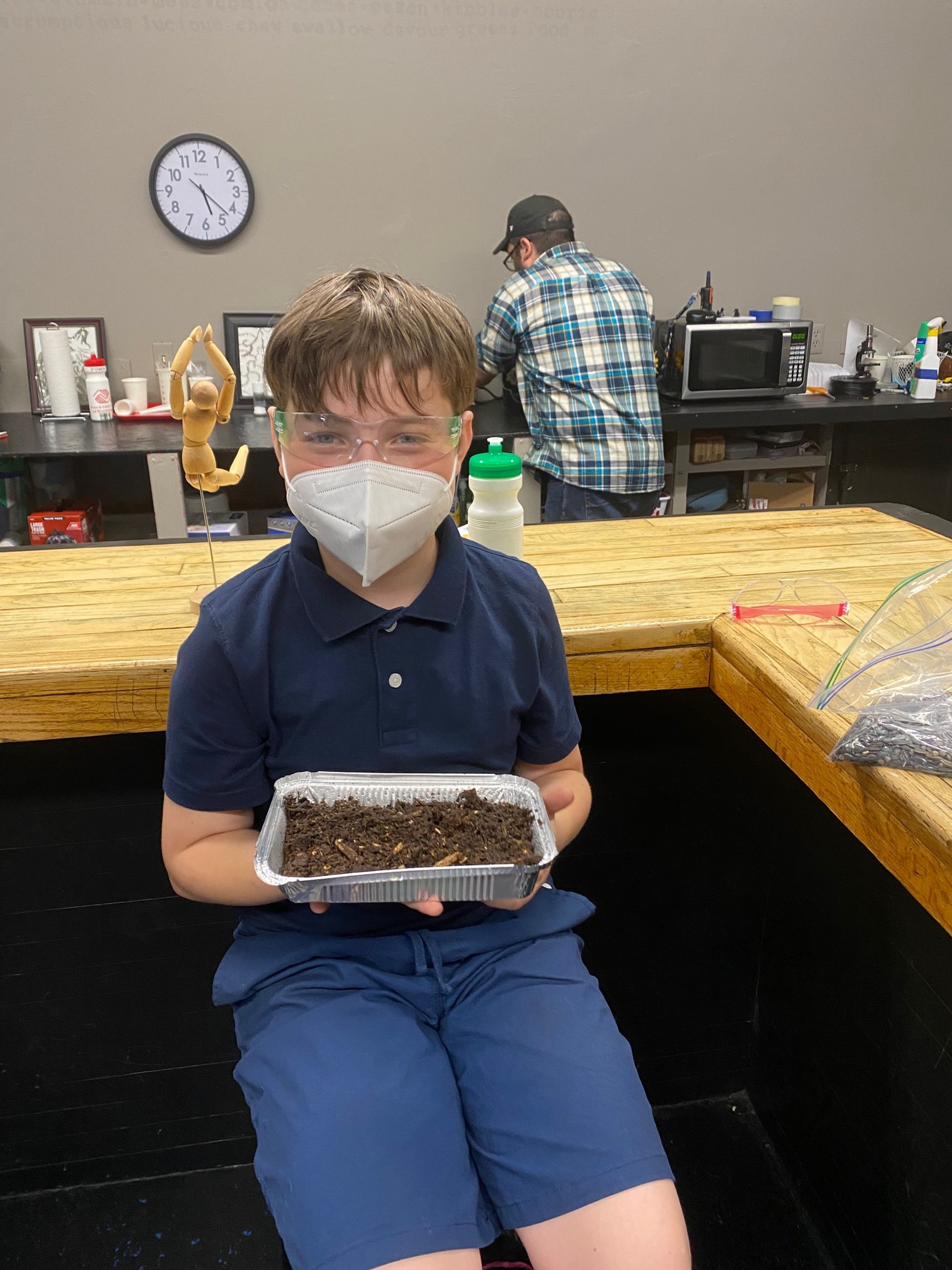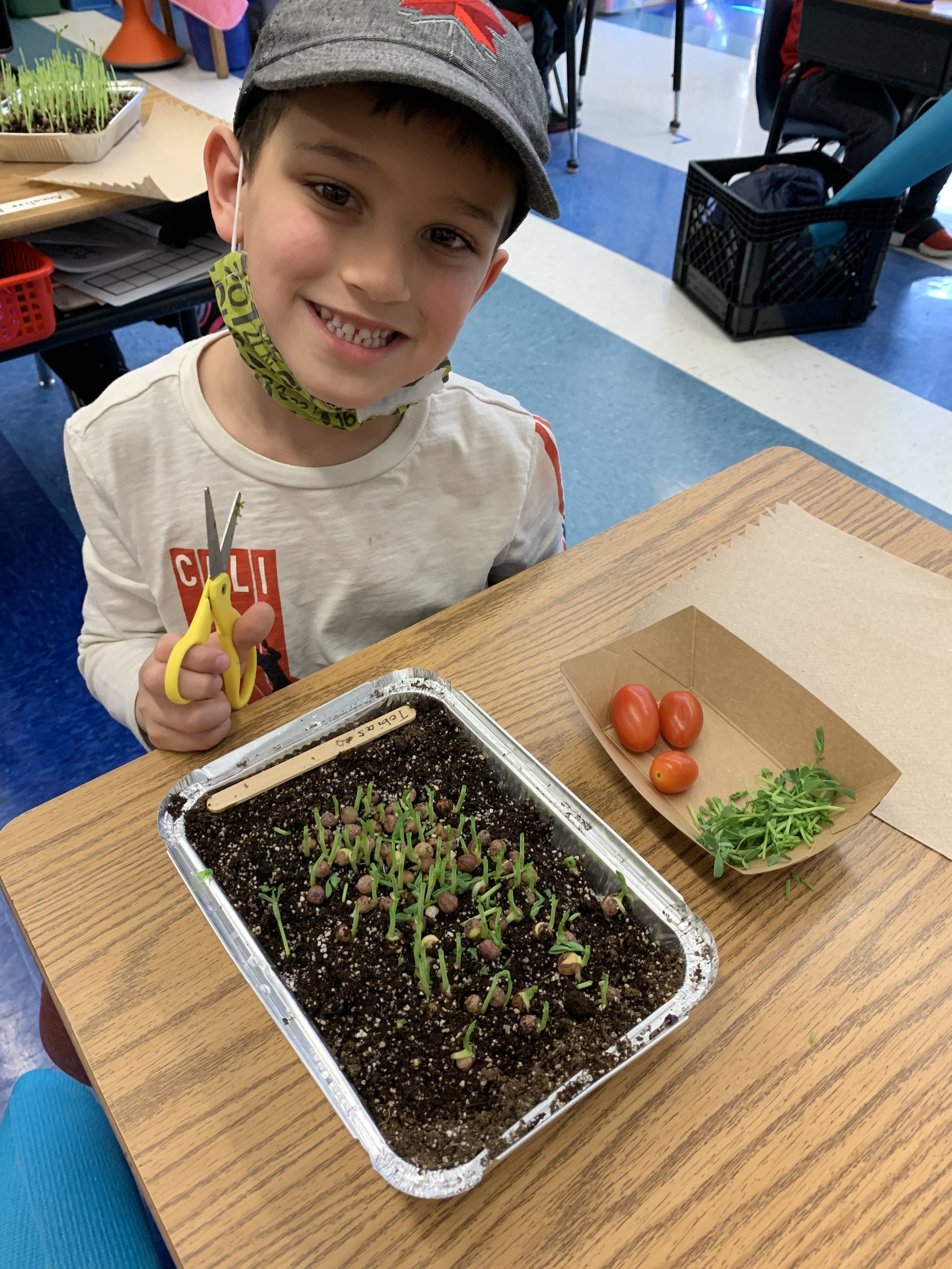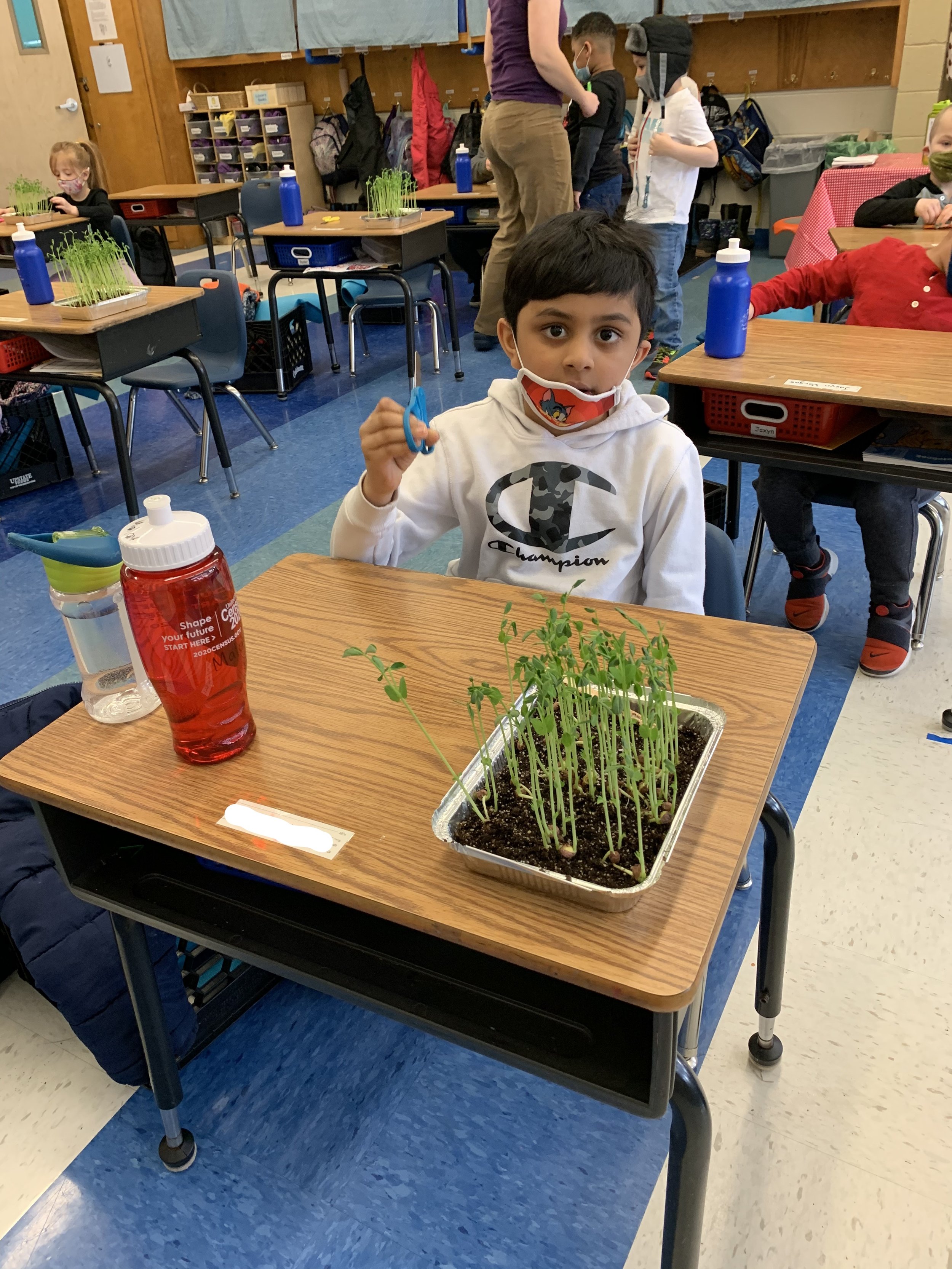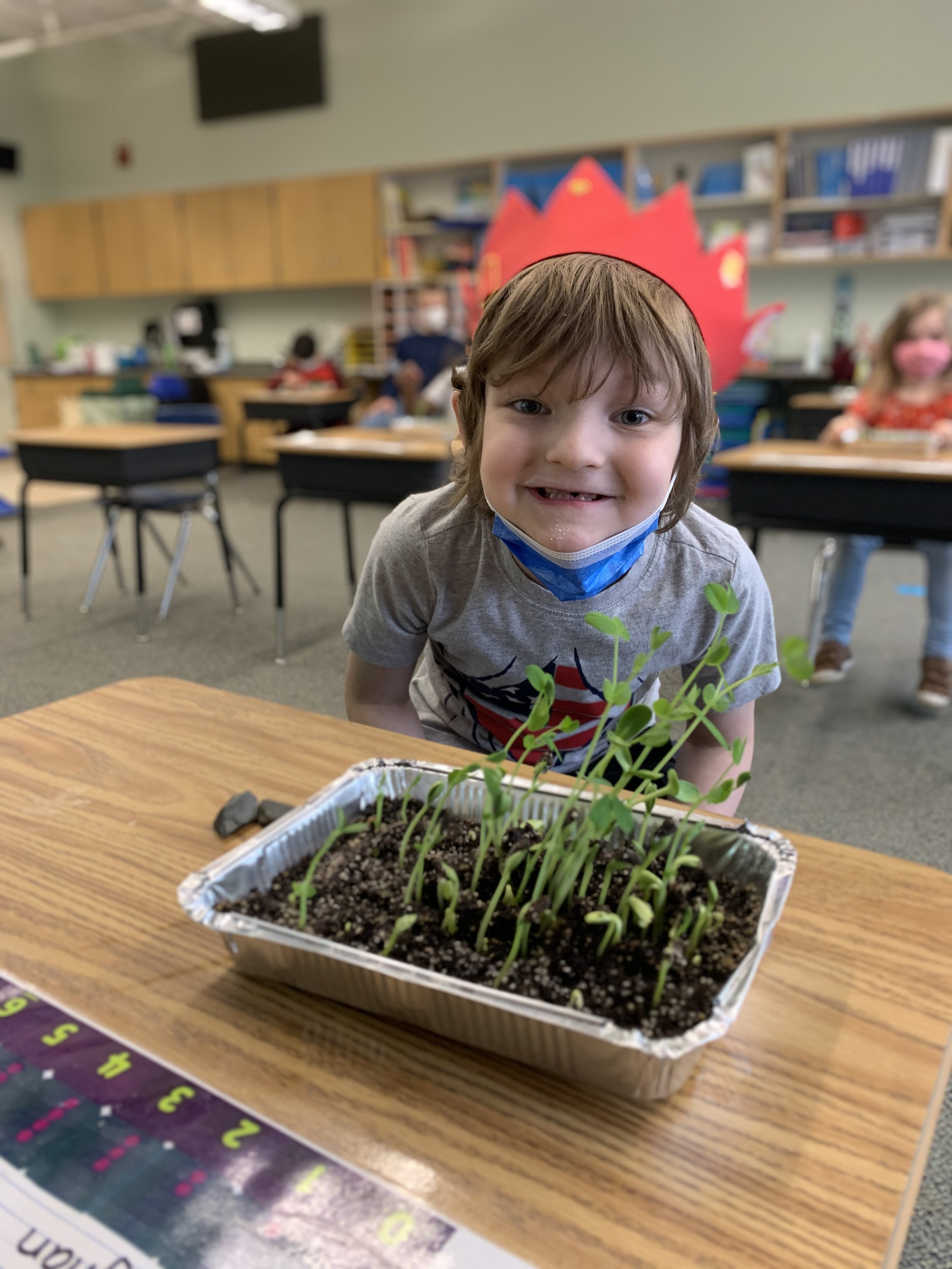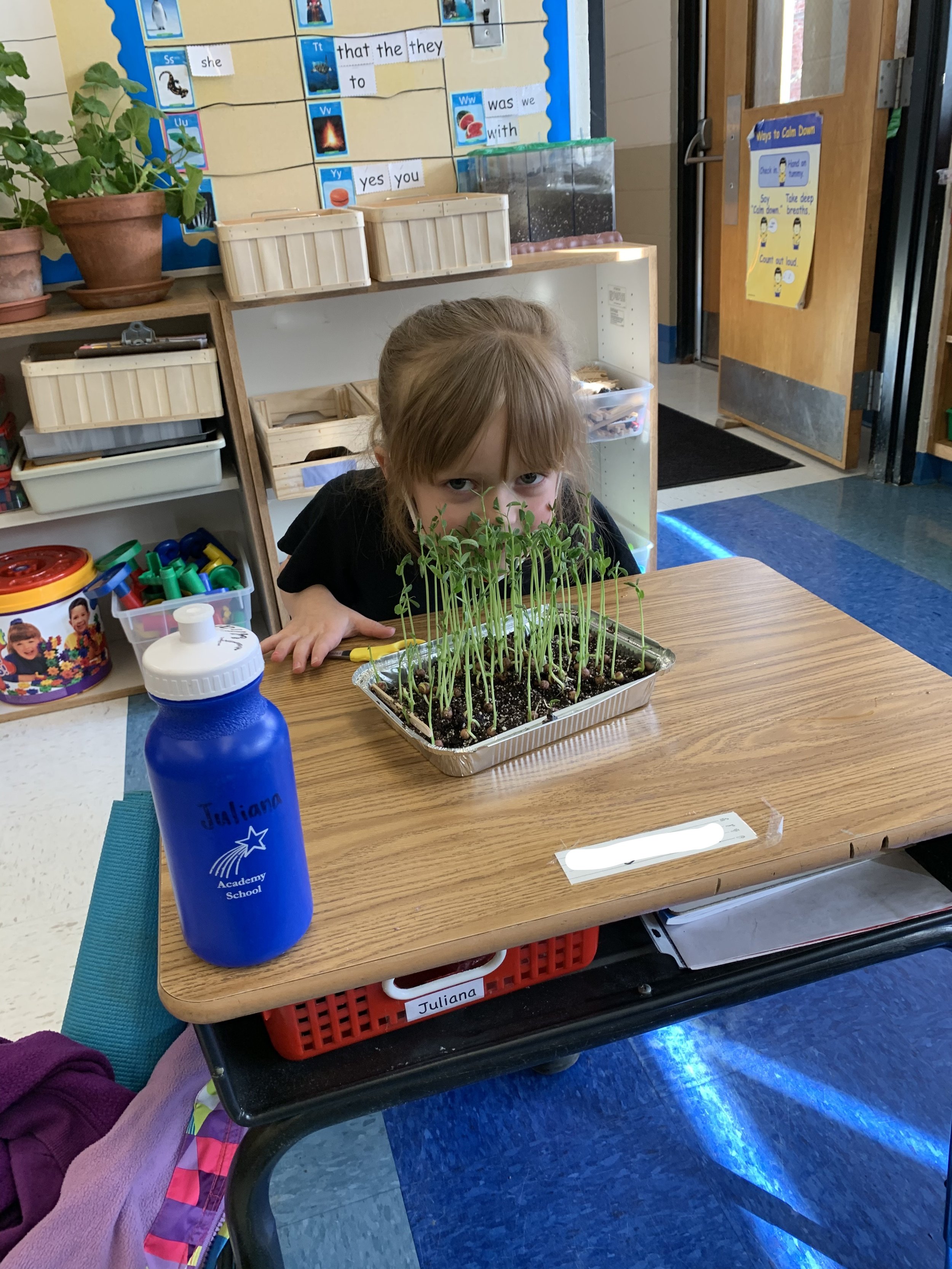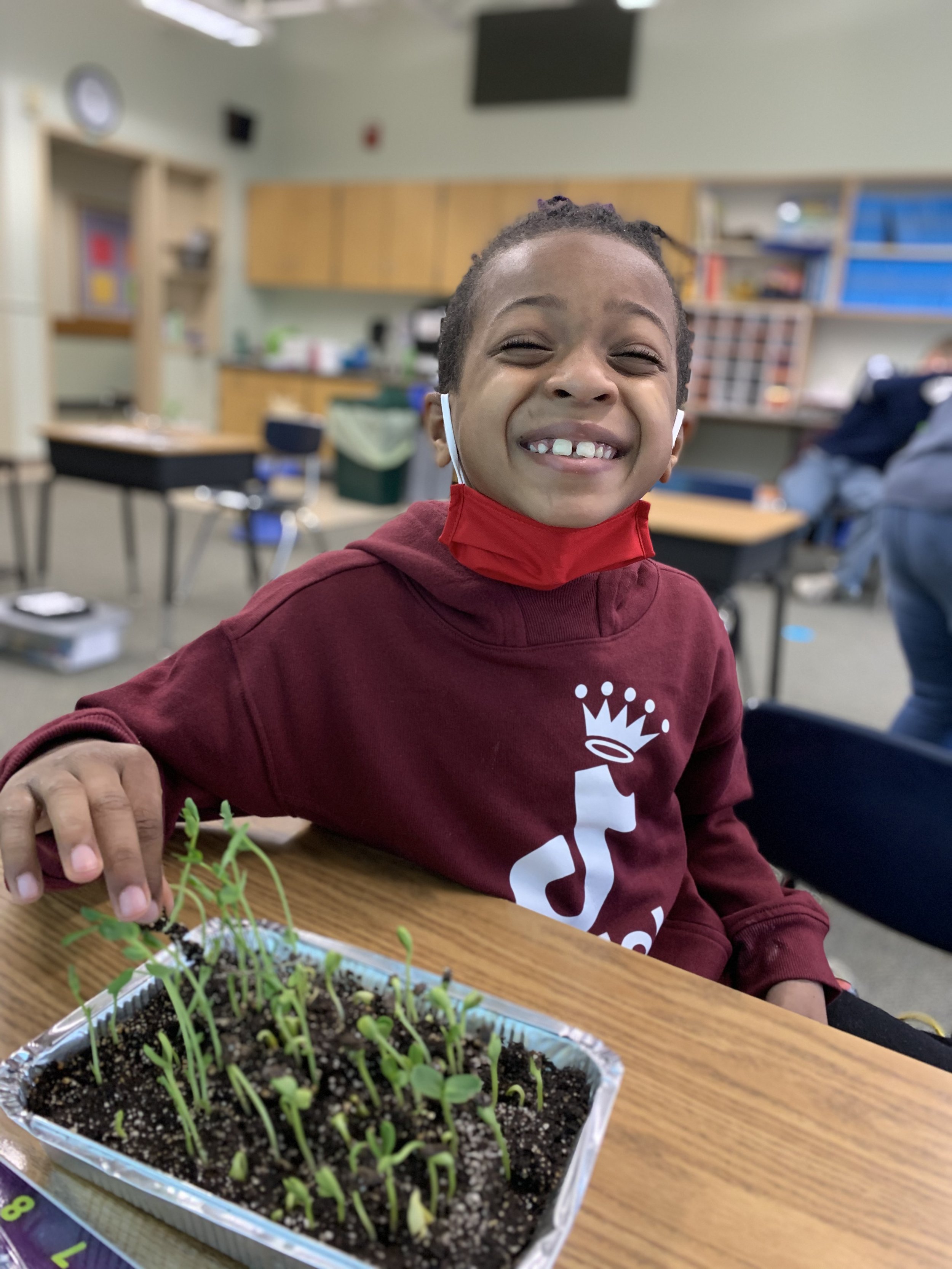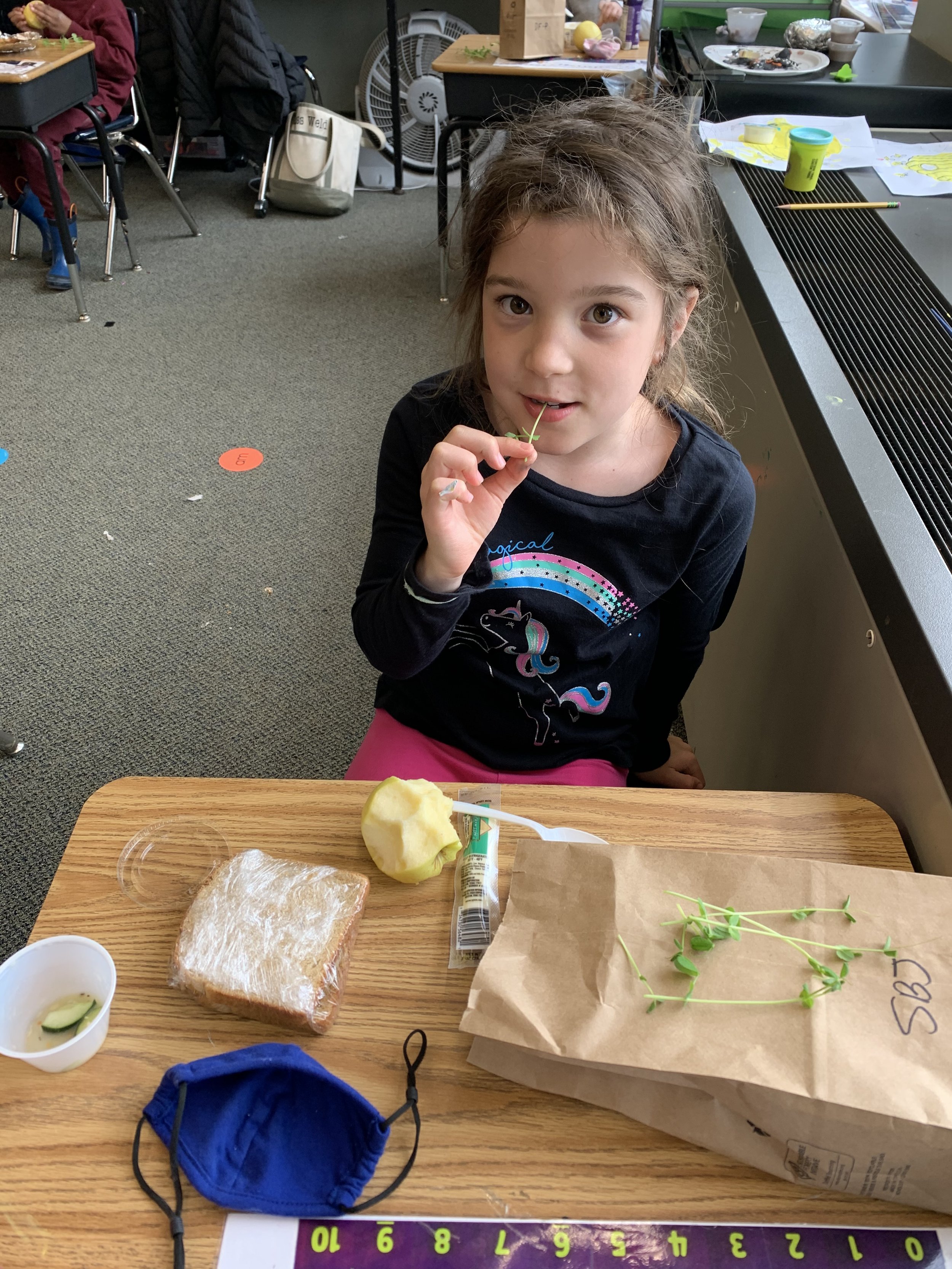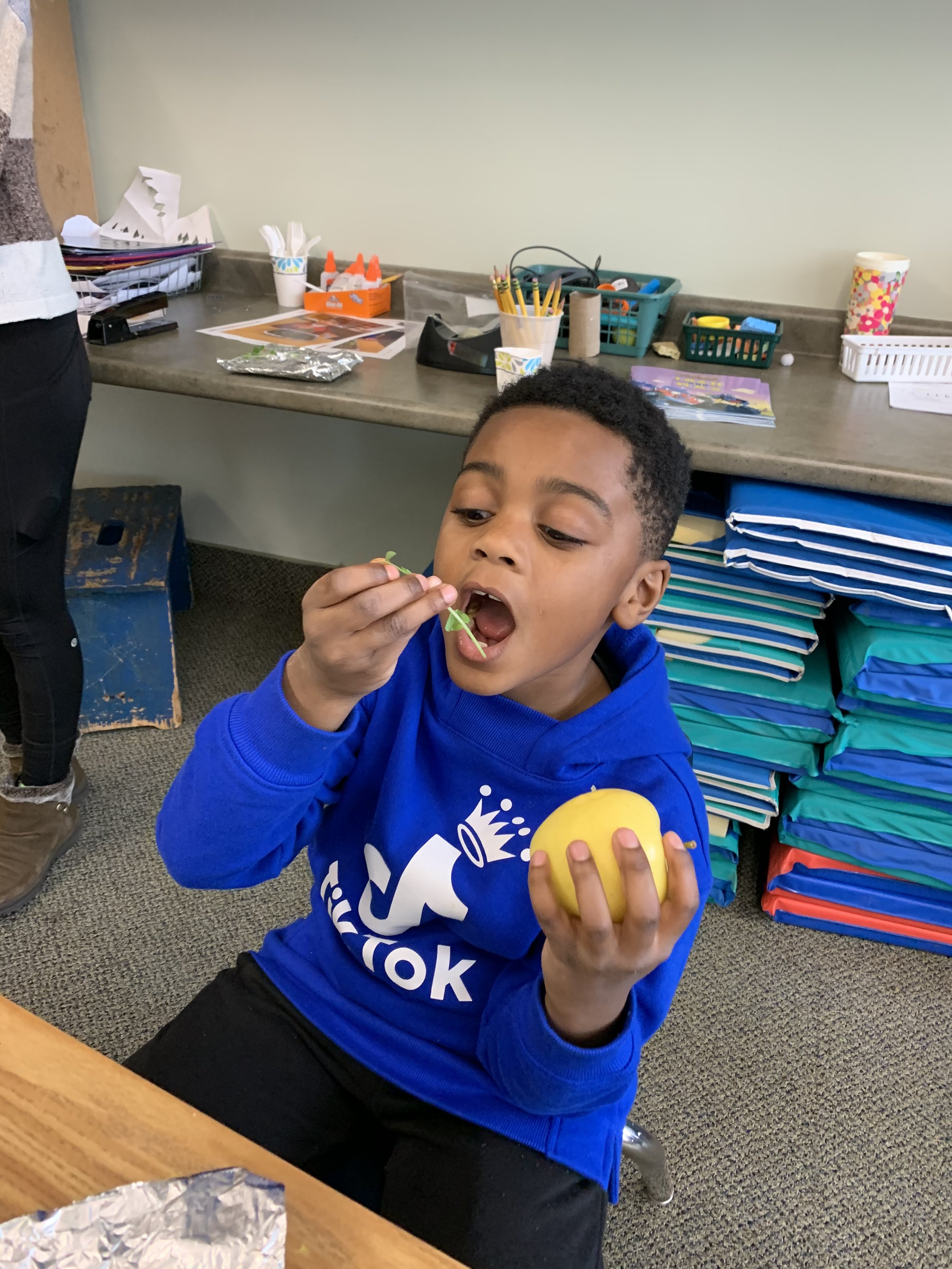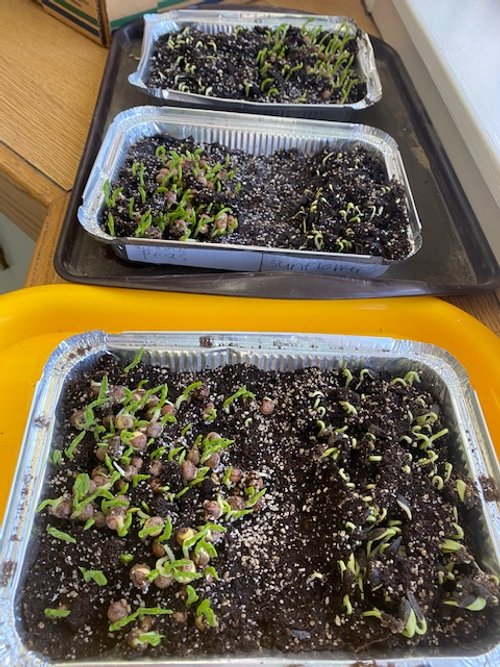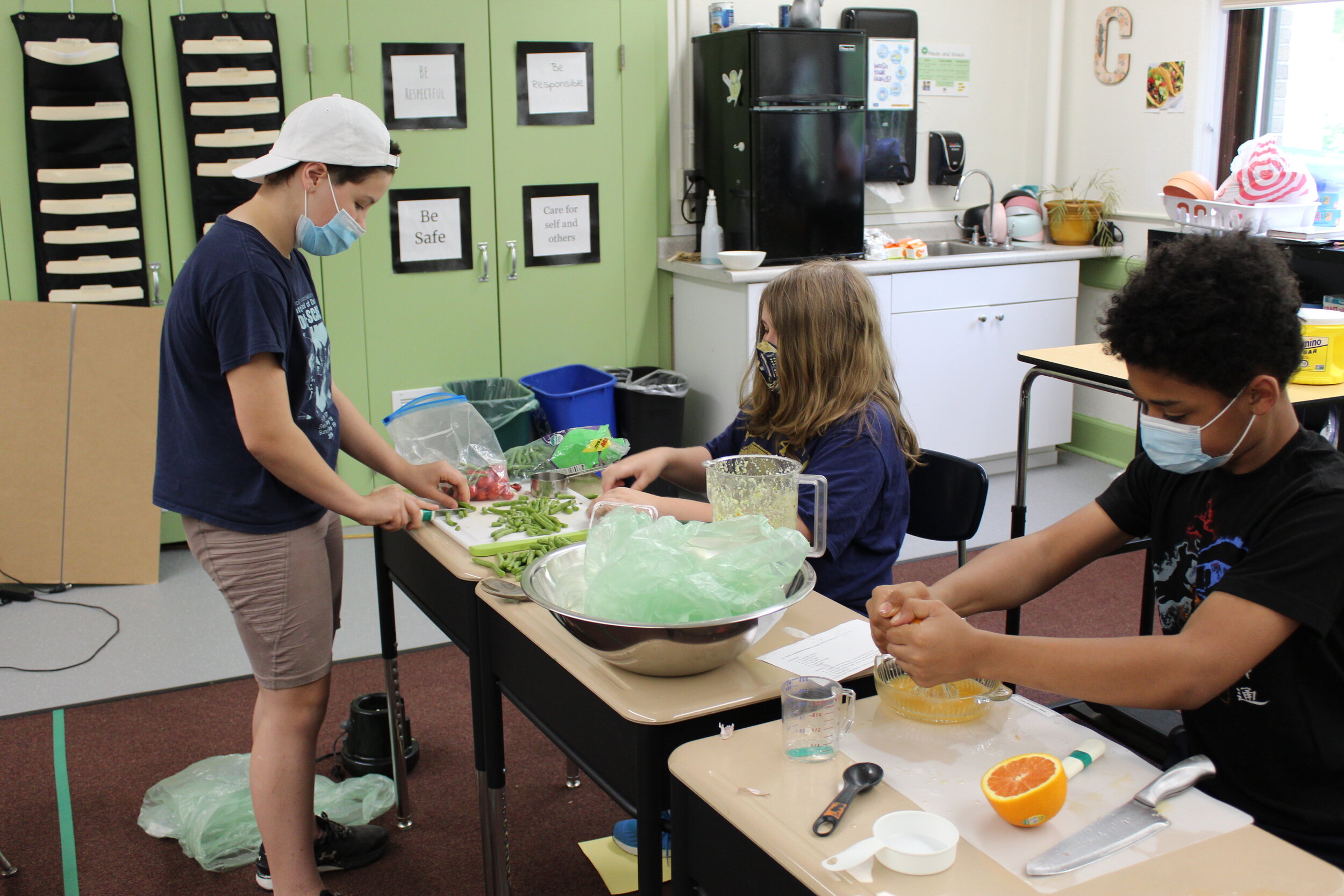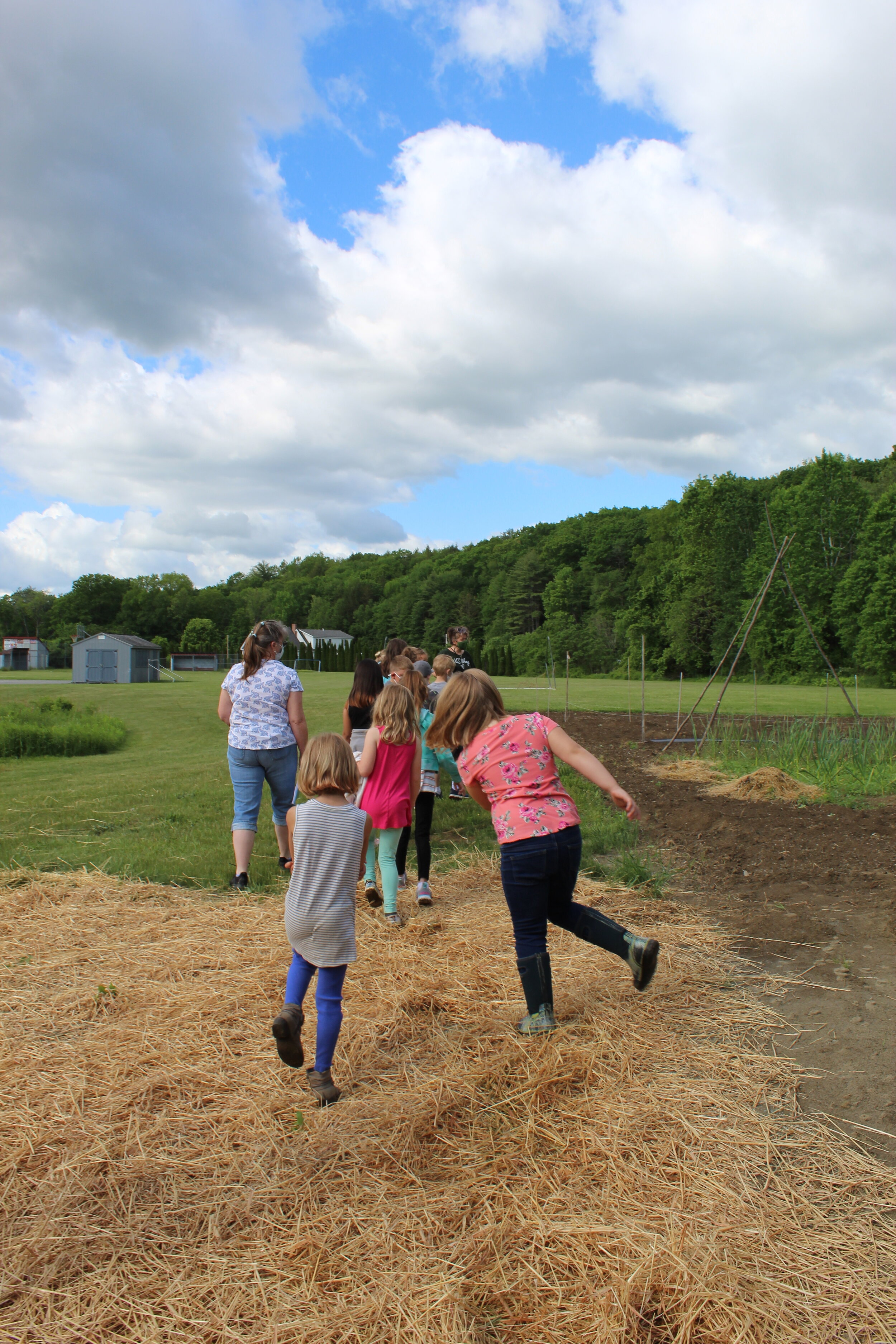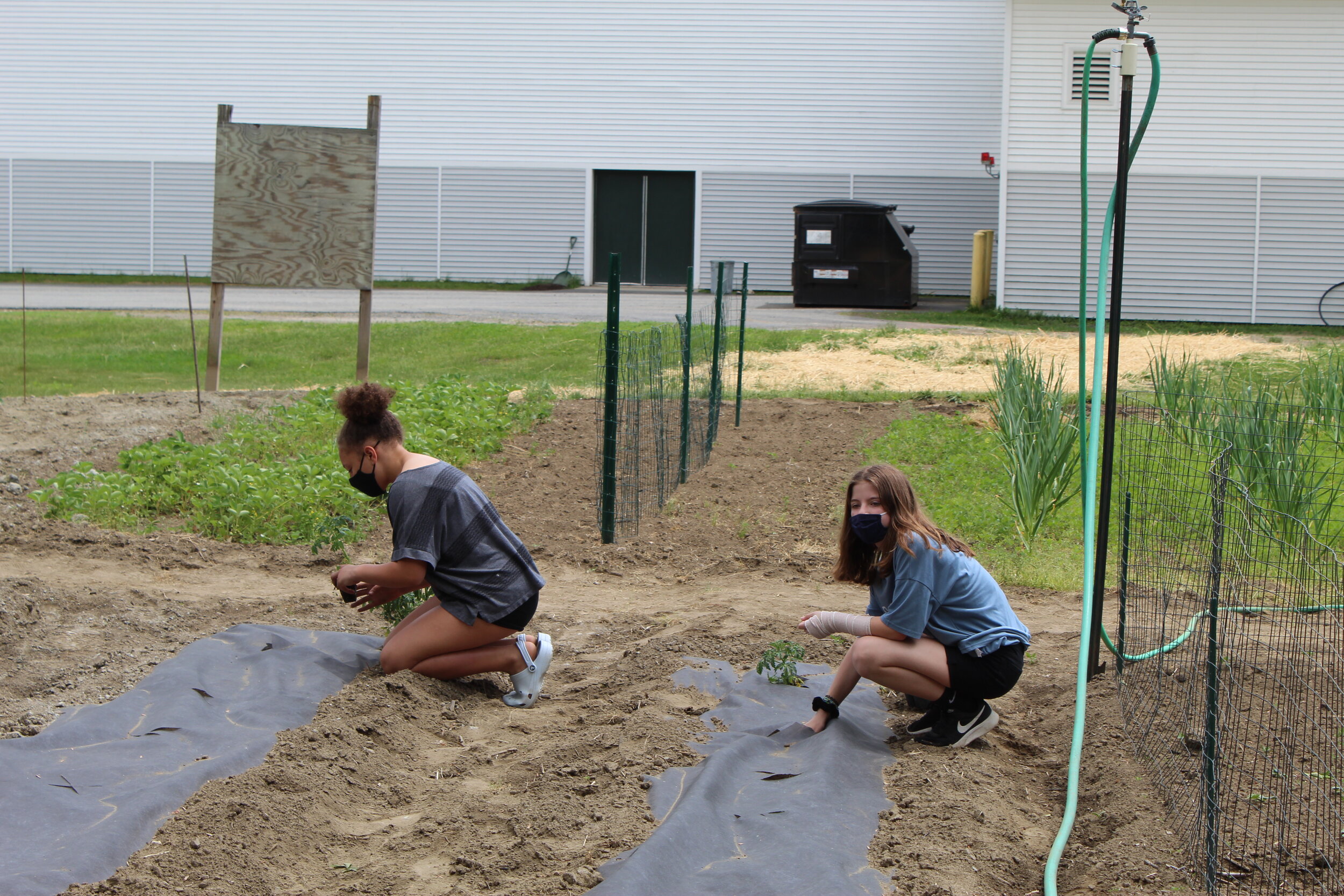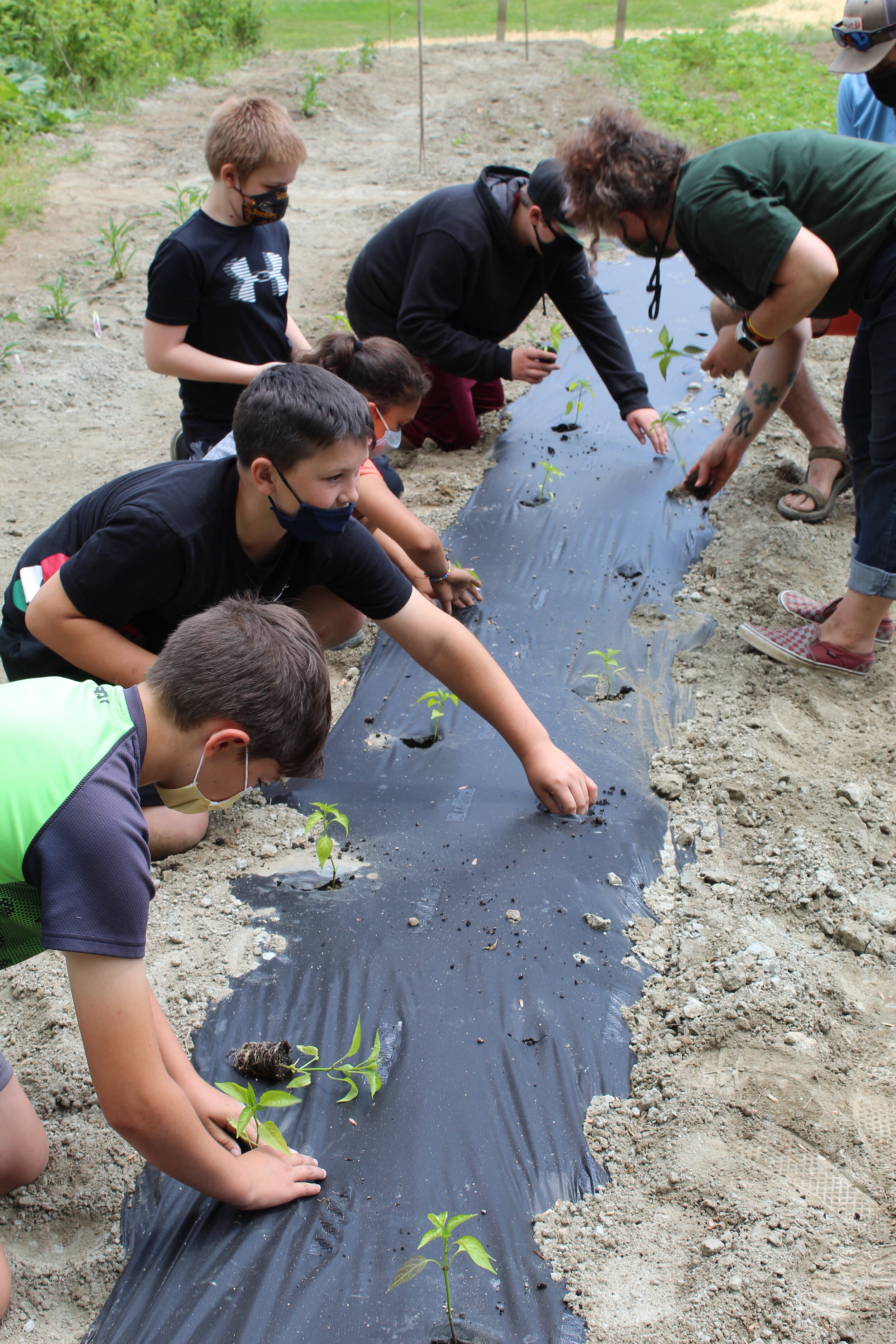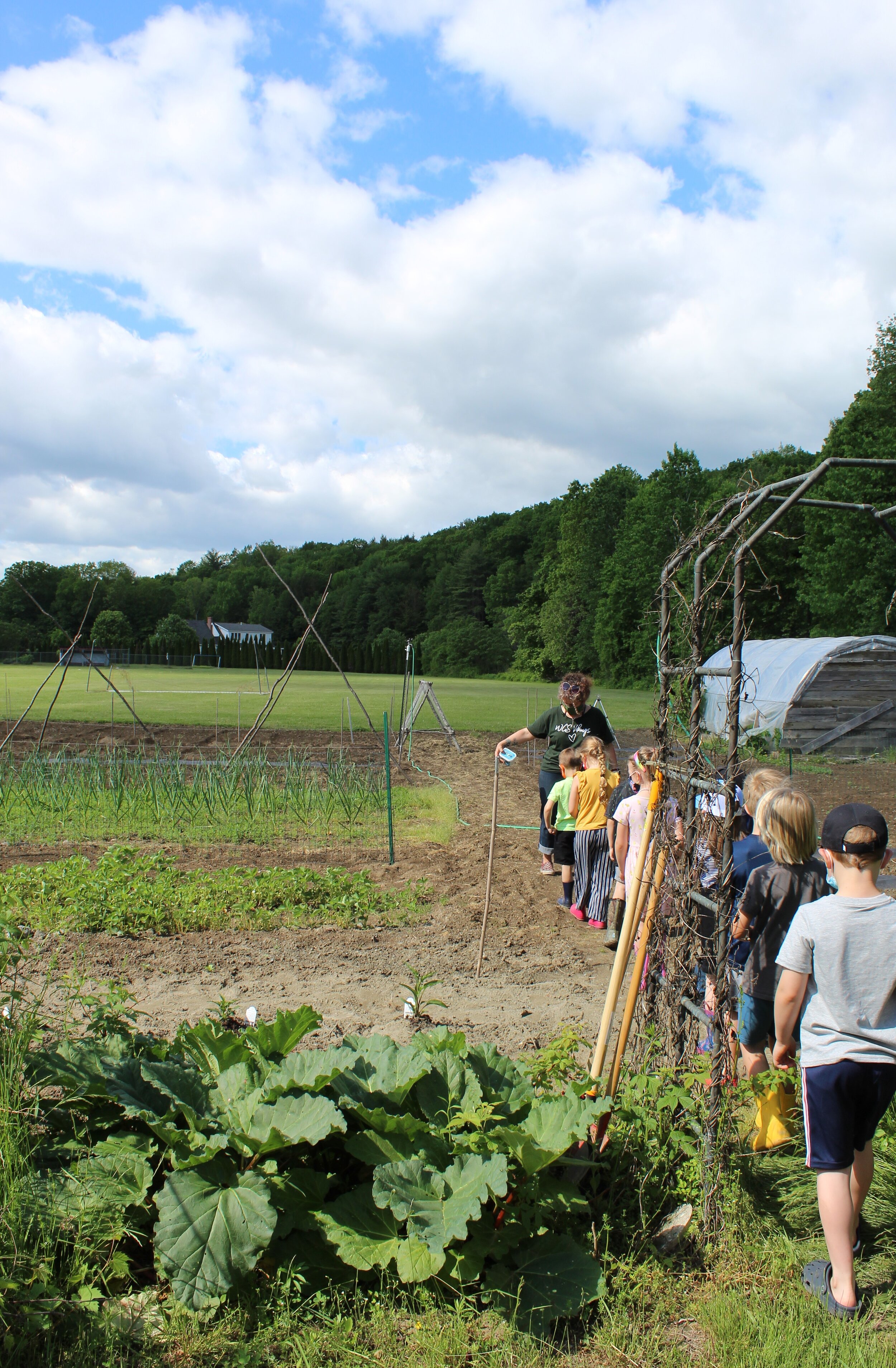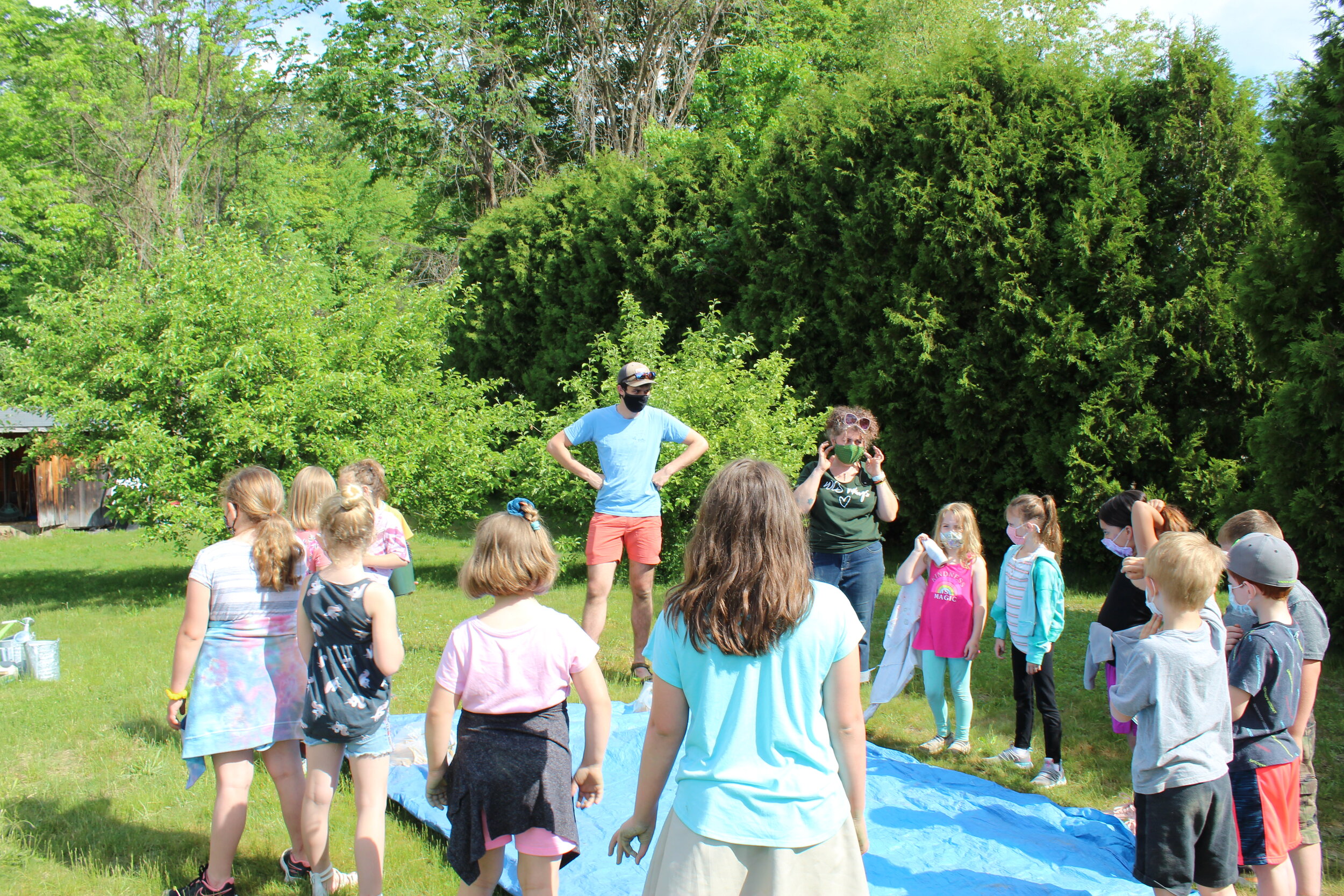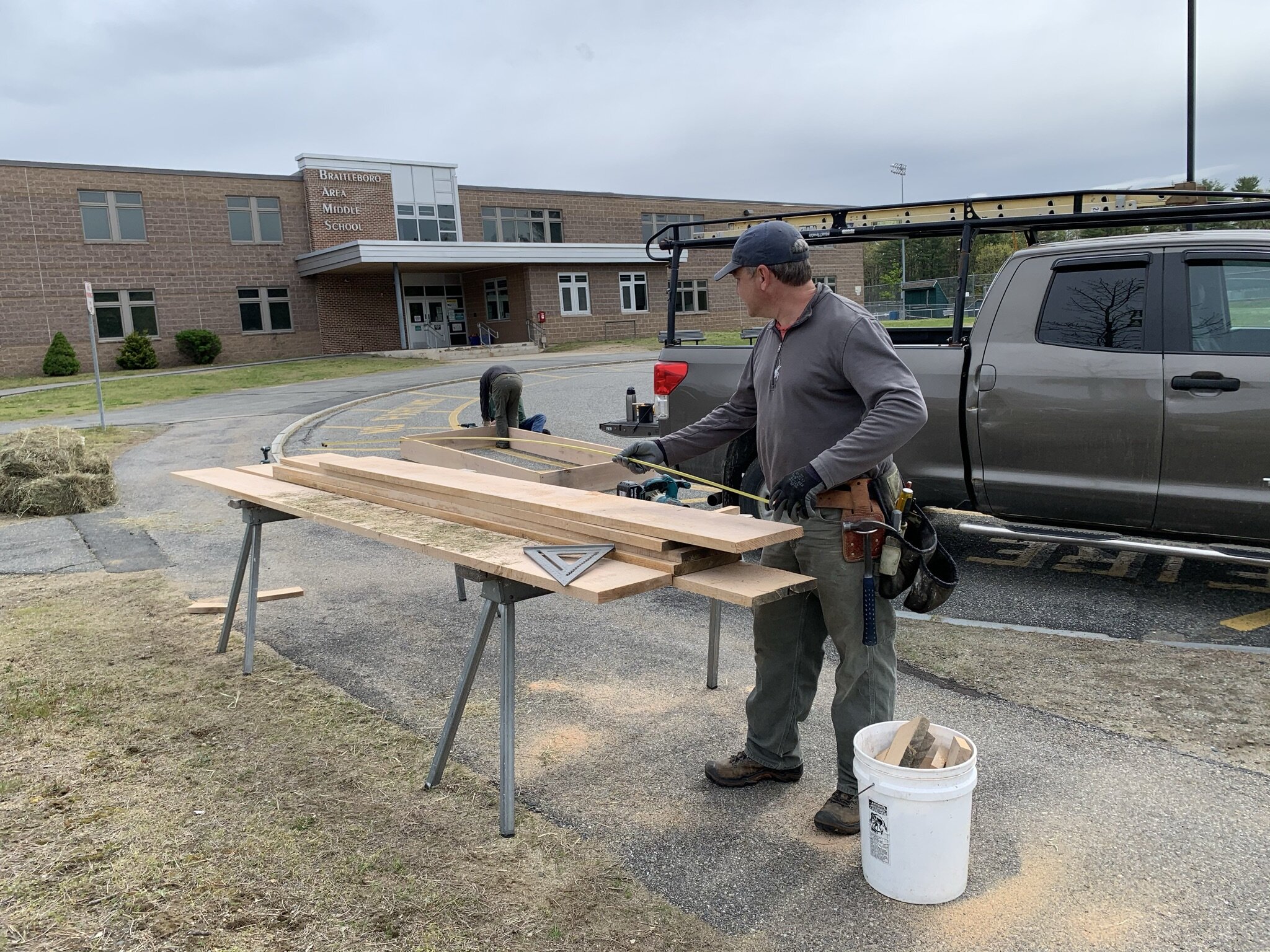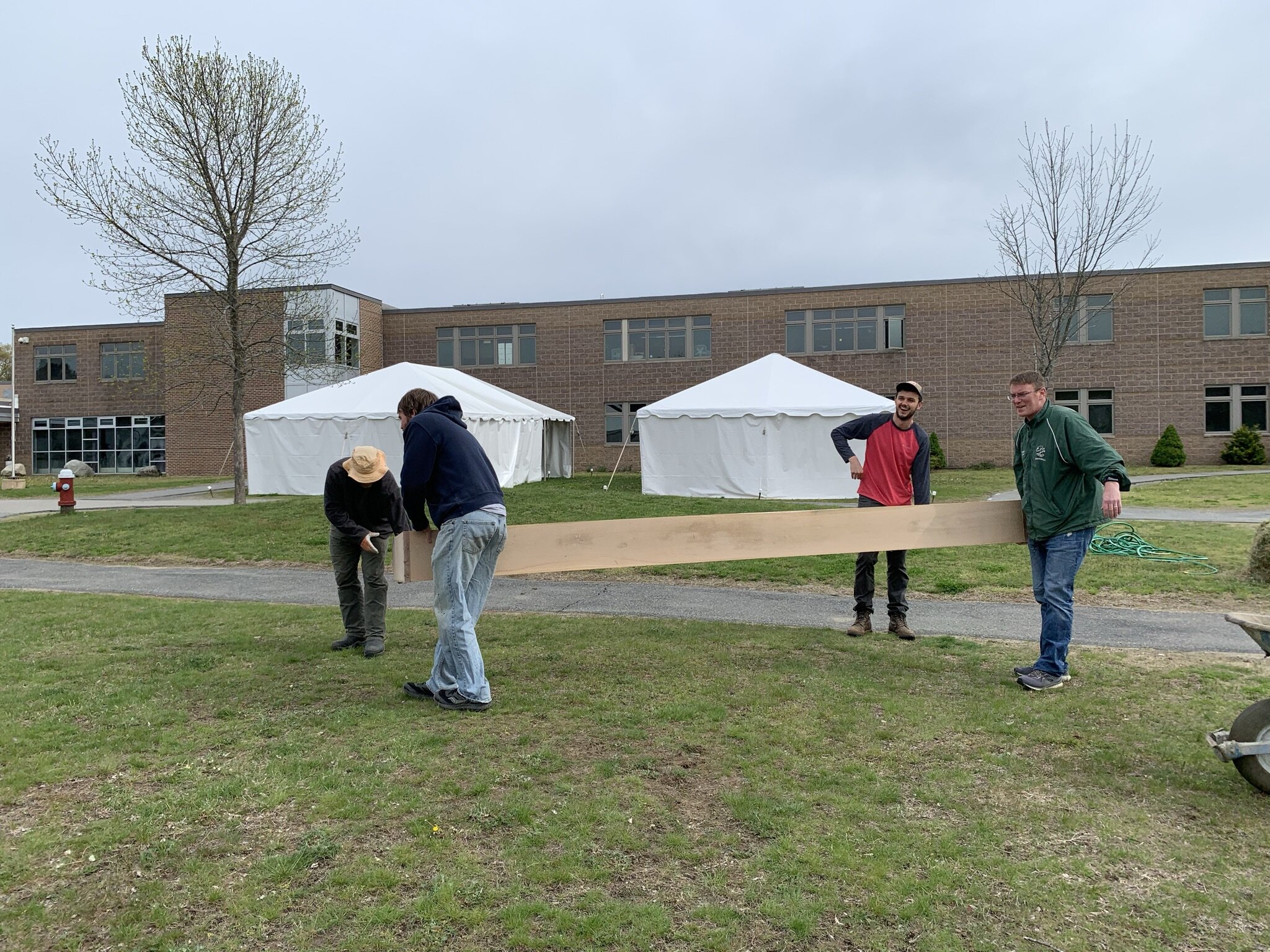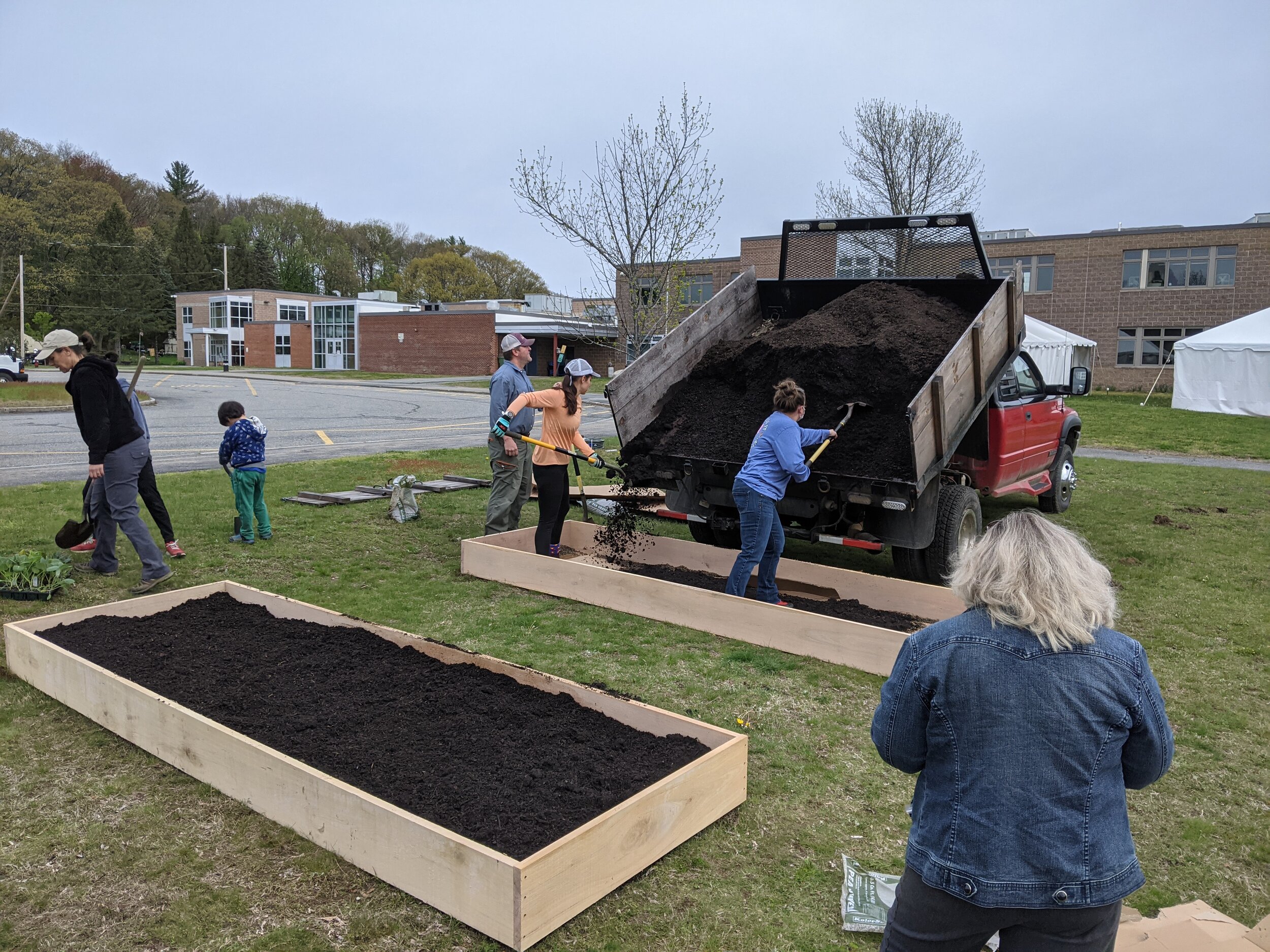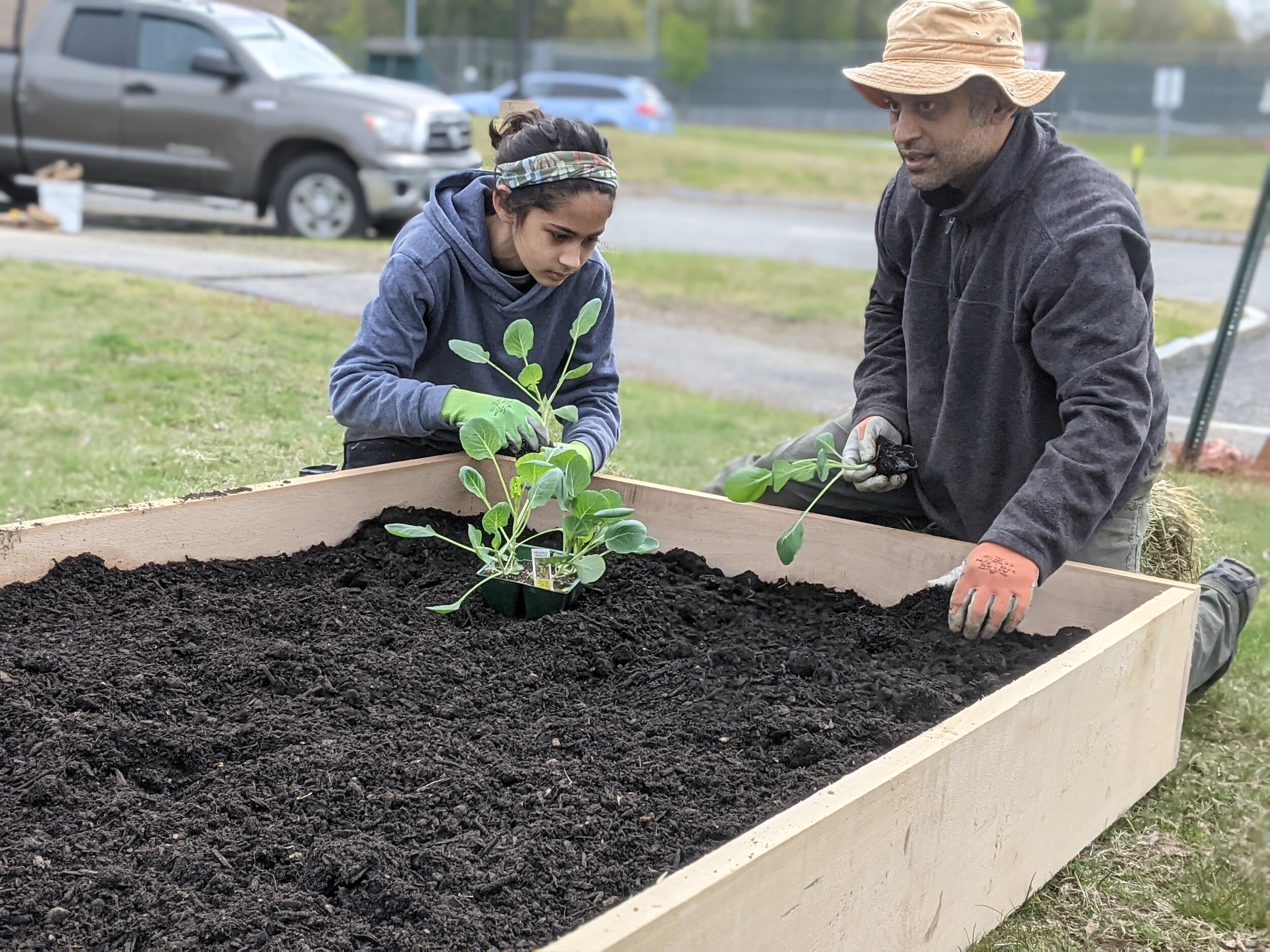Focus on Tasks at Hand
One of the ways that gardening can help with your mental health is by allowing you to focus on the task at hand instead of dwelling on the past and worrying about the future. Finding a way to concentrate on something will take your mind off worries and other negative thoughts.
Good Exercise
If you want to improve your mental health, you should consider getting regular exercise. While it can feel difficult to get started, exercising is a great way to boost your mood and beat stress. Gardening is a great form of exercise because it requires a lot of moving, digging, and sometimes hauling bags of soil. This can help you burn calories and improve your mood. And because modifications like sitting on a pillow or using a wheelbarrow to move heavy objects are available, it’s a great option for people with limited mobility.
Socialization
Gardening is also a great way to spend time outdoors with your family and bond over a shared interest. When you truly enjoy an activity, you’re excited to share it with others. And spending quality time with friends and family is a great way to reduce stress. It’s almost impossible to feel stressed when you’re laughing with loved ones.
Satisfaction of Job Well Done
Gardening also lets you enjoy the satisfaction of a job well done. One way to instantly feel better is to achieve something. And gardening lets you see the results of your work literally grow before your eyes. Seeing the plants you cared for develop throughout the season will help you feel a sense of accomplishment that can improve your self-esteem and quell feelings of hopelessness.
Anyone that is struggling with mental health issues should consider taking up new hobbies and exercise programs to help. Gardening is one great option. No matter what activity you choose, focusing on something you enjoy that lets you see the results of your work can help you work through life’s problems and feel better.





